We Raise Awareness on Mental Health Issues — We extend our care through teaching prevention
Let’s catch the problem at the bud – Part of our education system
Mental Health Awareness programmes in schools are the need of the hour as we see that the persistent and disabling nature of psychiatric stigma has led to the establishment of global programmes to challenge the negative stereotypes and discriminatory responses that generate social disability, but these initiatives are rarely evaluated or even recognised. We have seen, through Anufunyoga the effectiveness of school-based interventions with young people aged 12-16 aimed at increasing mental health literacy and challenging negative stereotypes associated with severe mental illness has had a largely successful result.
Awareness about mental health is crucial AAF work relentlessly to develop it. We celebrate events like Mental Health Awareness Month which provides a timely reminder that mental health is essential and that those living with mental health issues are deserving of care, understanding, compassion, and pathways to hope, healing, recovery, and fulfillment.
Types of mental illness
- mood disorders (such as depression or bipolar disorder)
- anxiety disorders.
- personality disorders.
- psychotic disorders (such as schizophrenia)
- eating disorders.
- trauma-related disorders (such as post-traumatic stress disorder)
- substance abuse disorders
We have seen through experience that short awareness building, short educational workshops can produce positive change in young people’s views of mental illness. However, more robust evaluations are needed to assess the long-term impact of both short and integrated whole school approaches to increasing mental health literacy across the globe.
